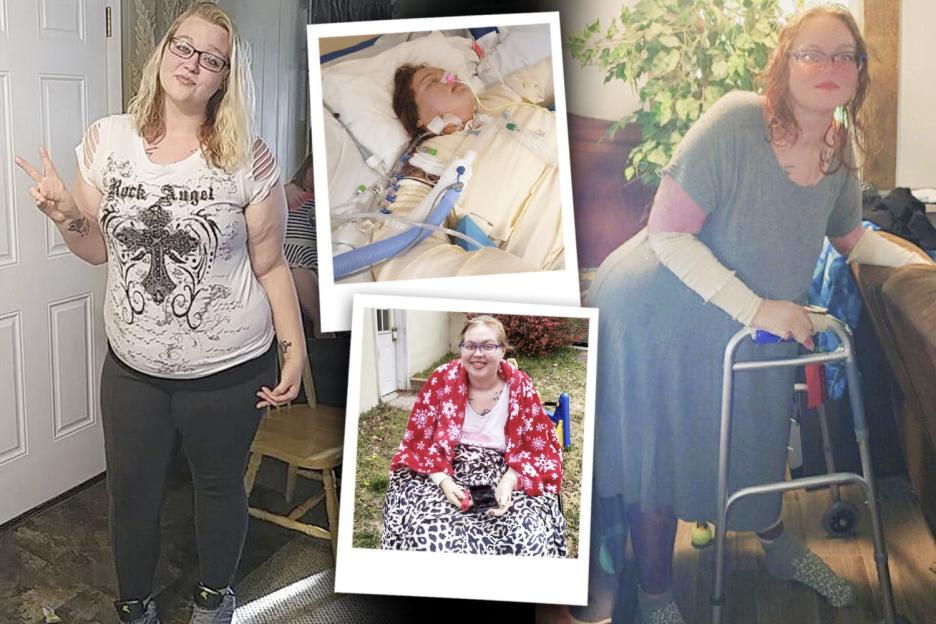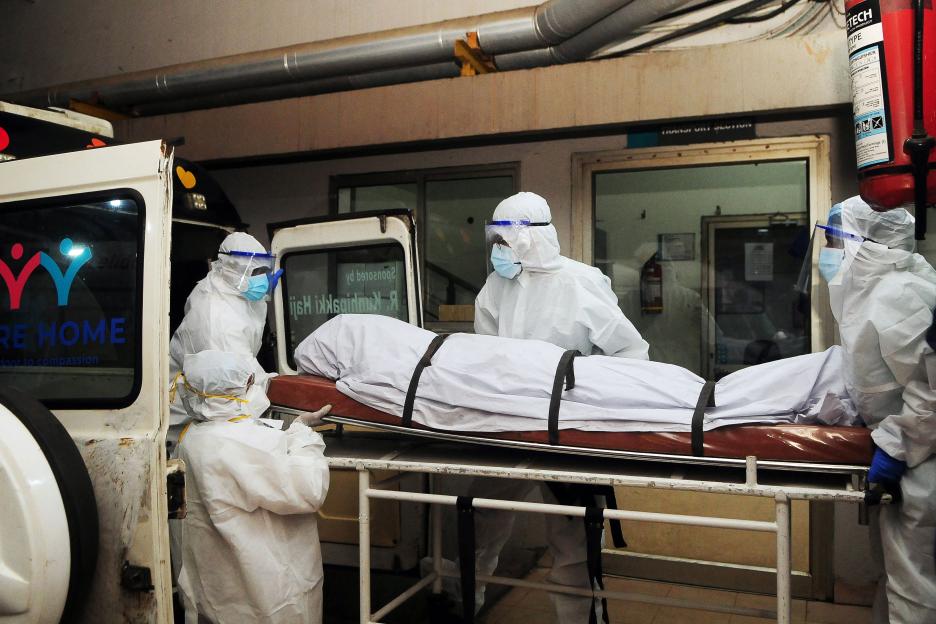AT LEAST 38 Brits are suffering from a potentially life-threatening condition followingBotox procedures, health chiefs have revealed.
The cases are linked to iatrogenic botulism â a rare but dangerous reaction caused by botulinum toxin used in aesthetic treatments.

Some victims have been left struggling to breathe, speak or swallow, the UK Health Security Agency said, in a warning published today.
Several needed hospital treatment and even emergency respiratory support, the alert added.
It’s feared the outbreak was triggered by the use of an unlicensed Botox-like product, putting dozens at risk across the East of England and East Midlands.
The UKHSA said investigations are ongoing but stressed the severity of the situation.
“Botulism related to aesthetic procedures is rare but can be very serious,”; Dr Gauri Godbole, Consultant Medical Microbiologist at UKHSA, warned
“The toxins used in Botox can cause severe muscle paralysis, leading to difficulties with breathing and swallowing.”;
She urged anyone who had a recent botulinum toxin treatment and is experiencing symptoms such as difficulty swallowing, slurred speech, or breathing problems to seek urgent medical advice.
“The symptoms can take up to four weeks to develop, so it’s crucial people remain alert,”; she added.
Professor Meghana Pandit, Co-National Medical Director at NHS England, added: “When cosmetic procedures go wrong, the consequences can be devastating.
“These treatments should only be administered by qualified and registered professionals like doctors or nurses.”;
The Medicines and Healthcare products Regulatory Agency (MHRA) is also investigating and has warned the public against buying botulinum toxin products outside official medical channels.
Dr Alison Cave, MHRA Chief Safety Officer, said: “Buying botulinum toxin from unlicensed sources greatly increases the risk of receiving unsafe products that can endanger your health.
“Only licensed practitioners should administer these treatments.”;
The UKHSA has issued national advice to clinicians to be vigilant for signs of botulism in patients who have recently had cosmetic procedures, so treatment including anti-toxin can be given promptly.
This alarming cluster comes on the back of previous warnings about unsafe cosmetic procedures in the UK, highlighting the risks of seeking quick fixes without proper safeguards.
The public is urged to carefully check that any aesthetic treatment they receive is carried out by a licensed professional using approved products.







